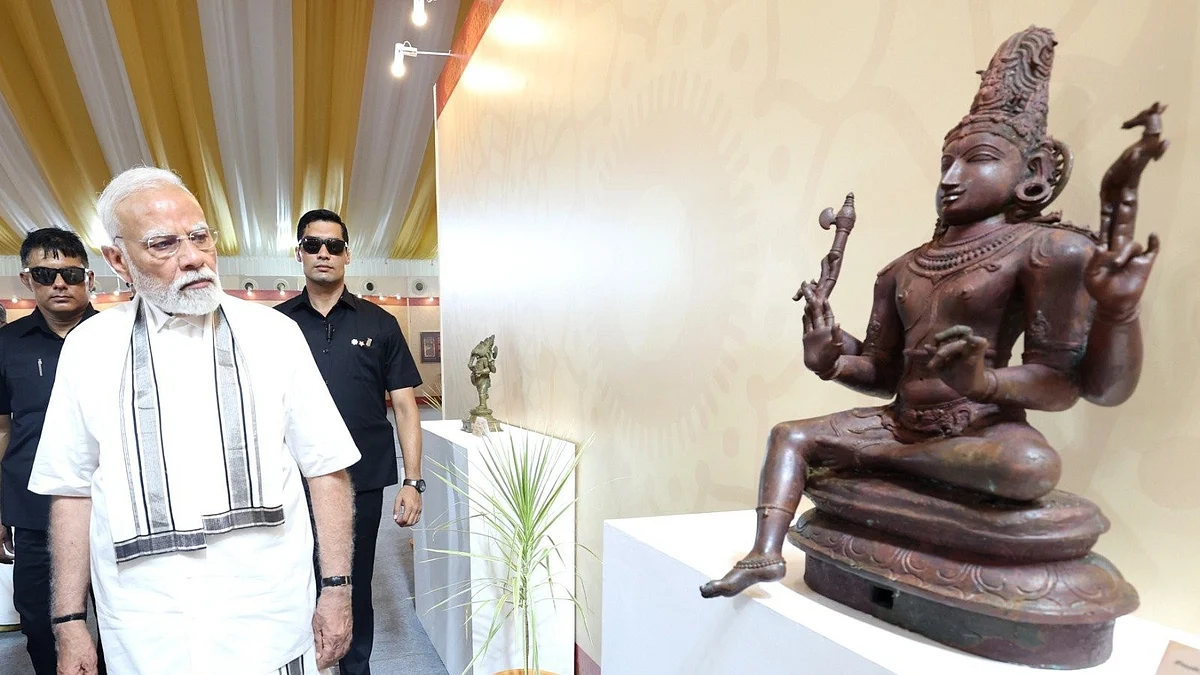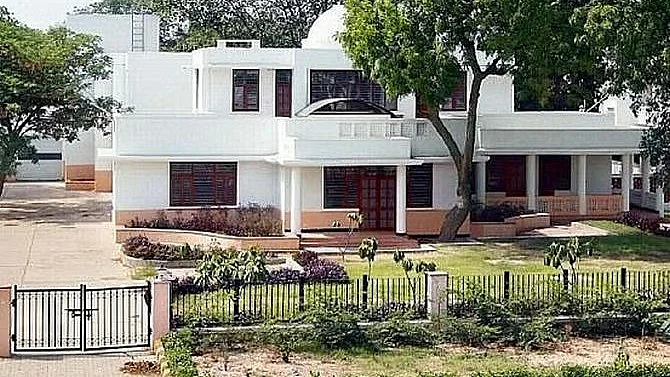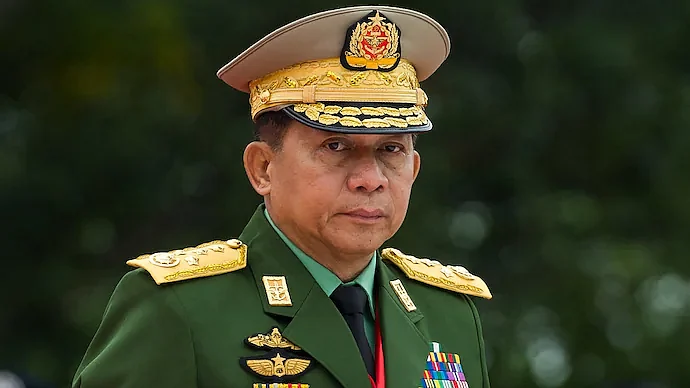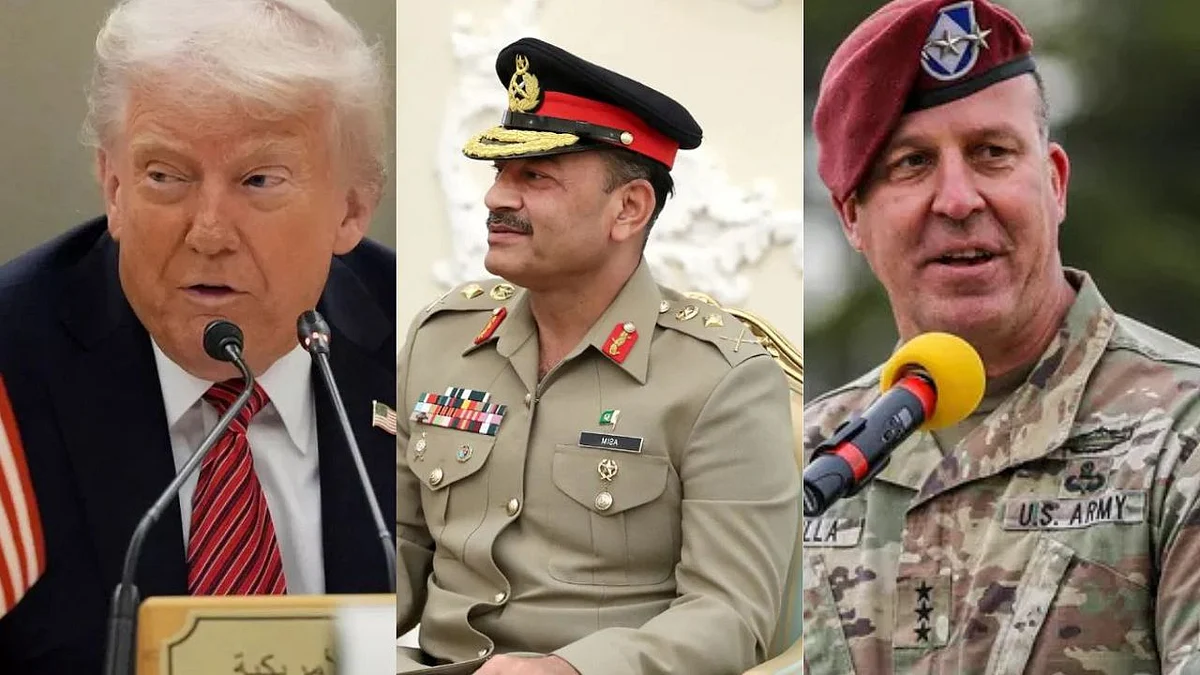Thursday’s announcement of an end to the four-plus years of brutal state of emergency in Myanmar, with a promise of a general election, is a cynical move by the country’s military junta to gain international legitimacy. Underscoring the sham declaration, General Min Aung Hlaing has anointed himself the head of the election commission for a December ballot and threatened stringent punishment against those who defy the poll process. Myanmar’s opposition parties and international observers aren’t impressed and have called for a boycott of the polls.
General Aung Hlaing, who was sanctioned in 2019 by the US for his notorious role in the 2017 ethnic cleansing of Rohingya Muslims, who fled in their hundreds of thousands to neighbouring Bangladesh, seized power in a February 2021 coup d’etat. The subsequent savage civil war has wrought misery on the population, as millions of Burmese have been displaced and an estimated 35 per cent of the population require humanitarian aid, according to the UN.
The sinister designs of the dictatorship were manifest, most recently, in the wake of the devastating March 28 earthquake, the biggest in three-quarters of a century to strike the Myanmar mainland. Authorities initially spurned a ceasefire from the rebel stronghold in Sagaing, close to the epicentre of the quake, and hampered relief efforts before announcing a 20-day halt to hostilities. The callous approach was reminiscent of the mishandling of the fallout from the 2024 Typhoon Yagi and Cyclone Mocha the year before, say experts.
Ever since the popularly elected government of Nobel Laureate Aun San Suu Kyi’s National League for Democracy was overthrown in 2021, the junta has faced a groundswell of opposition, especially in the regions bordering neighbouring countries. Disparate ethnic nationalist and pro-democracy forces are increasingly recognising the imperative need to forge a common front as the only effective strategy towards democratic consolidation.
On the contrary, there is concern that Western governments, grappling with domestic priorities, are not as actively engaged with the unfolding scenario in Myanmar as they were a decade earlier. Notwithstanding the 2023 Burma Act designed to influence the reversal of the coup, US President Donald Trump is not likely to initiate any overt action vis-a-vis Myanmar that might ruffle feathers in Beijing ahead of the trade deal Washington is negotiating with its largest trading rival.
Meanwhile, ASEAN, the regional grouping of the Association of Southeast Asian Nations, adopts a formal hands-off approach with regard to the internal affairs of member states. Such a perilous stance at best serves the vested interests of the military establishments that remain entrenched in different countries, rather than promoting the genuine democratic aspirations of their citizenry. Beijing has capitalised on this larger geopolitical picture as it deems fit, cutting pragmatic deals with the regime and pitting the junta against the rebels. Myanmar’s democratic transition appears to be a painfully long-drawn process.
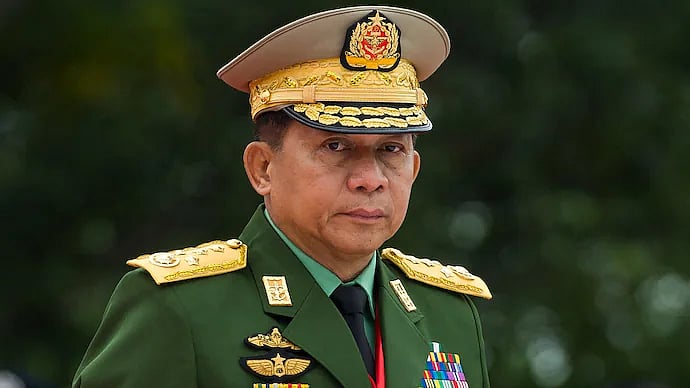
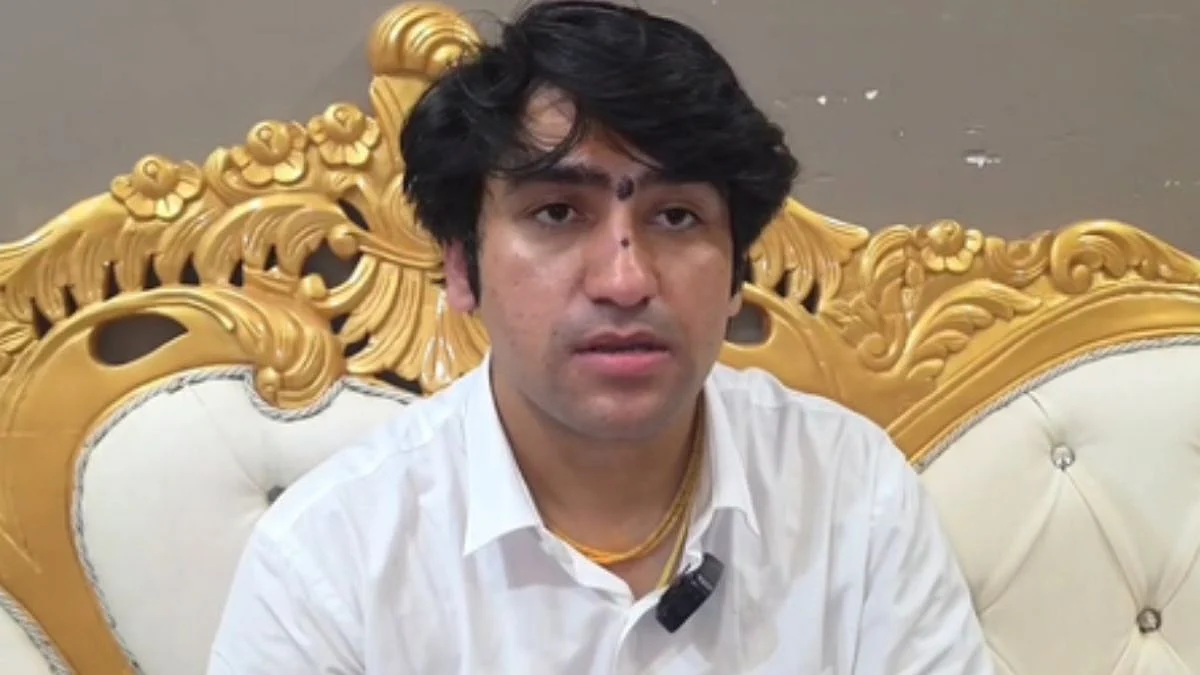
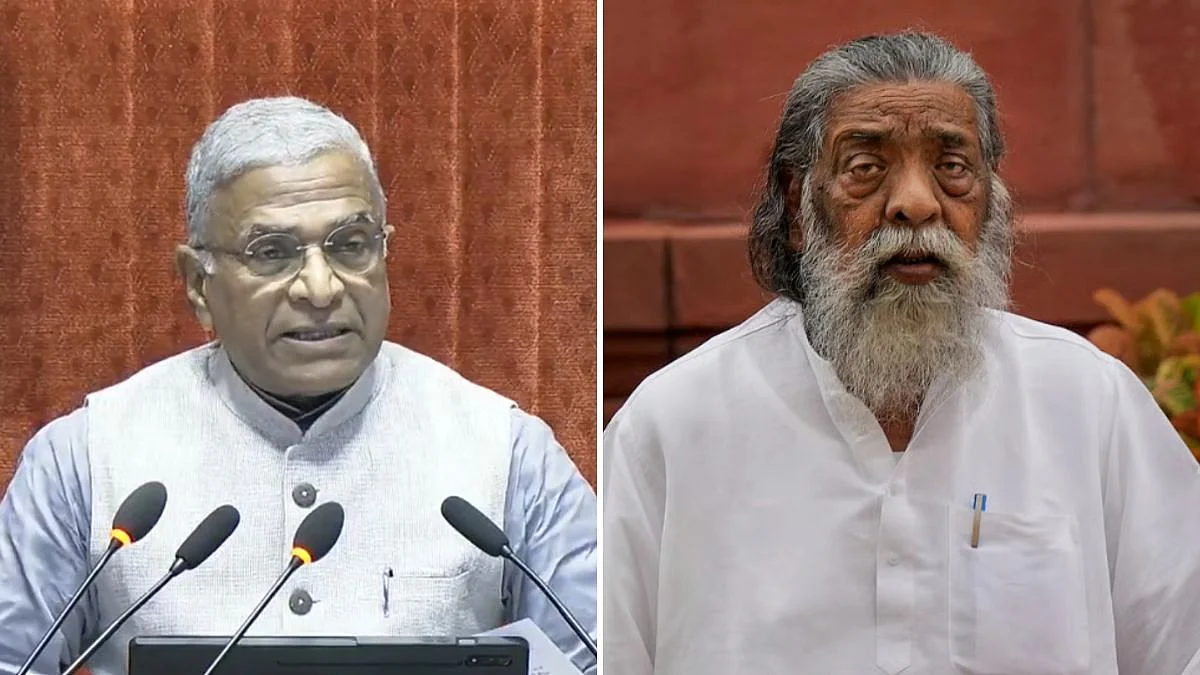
.png)



